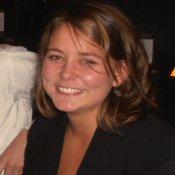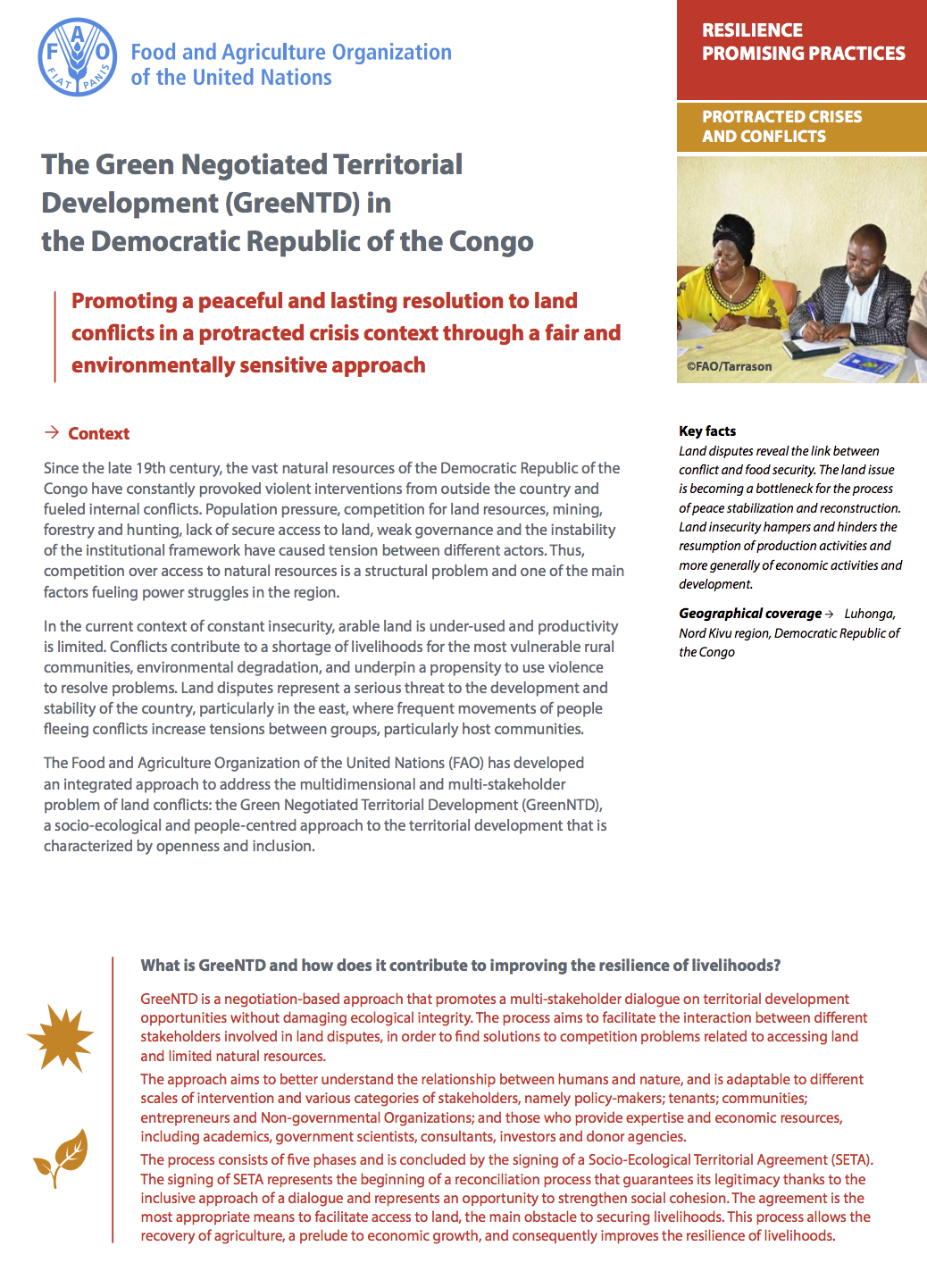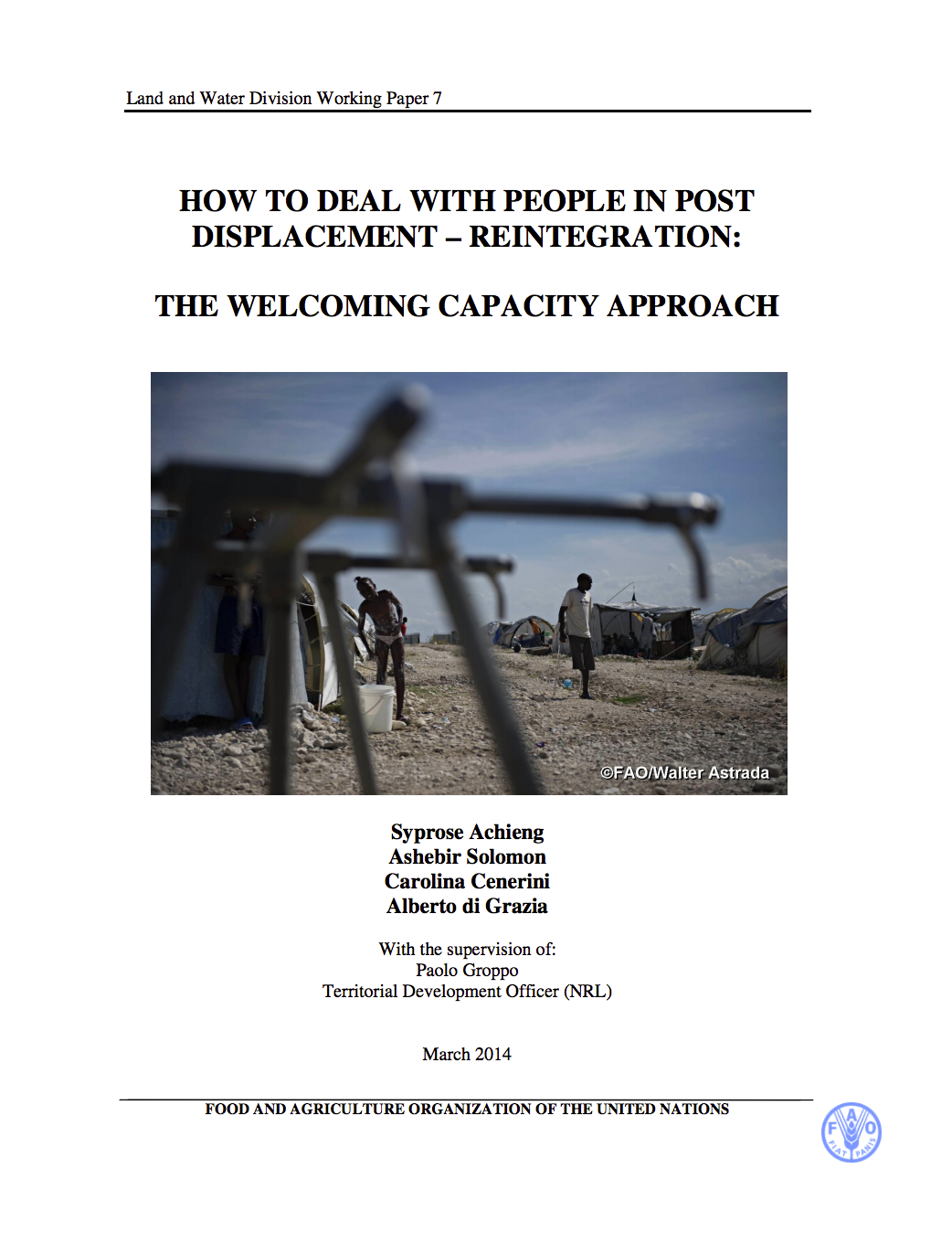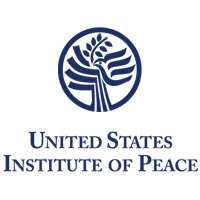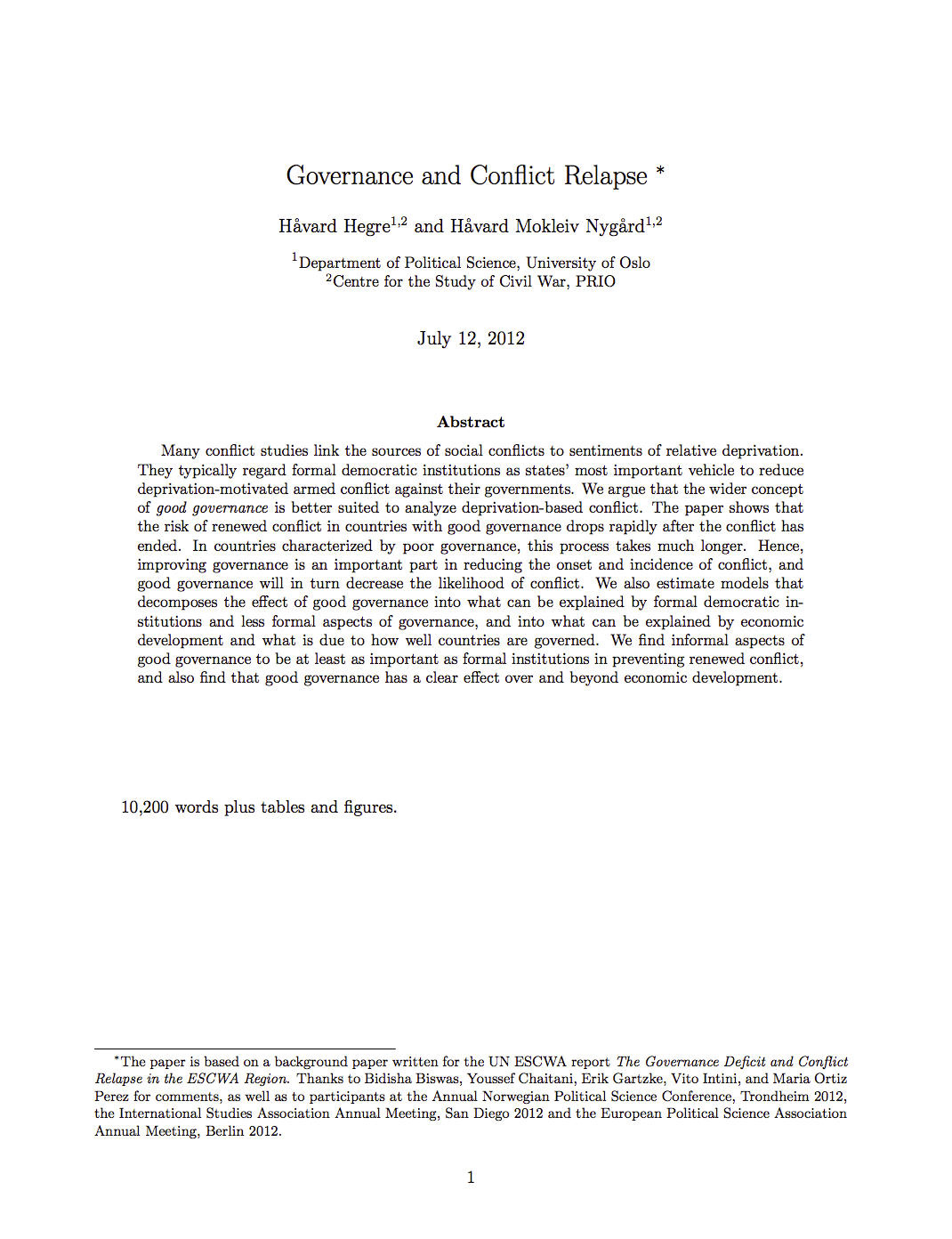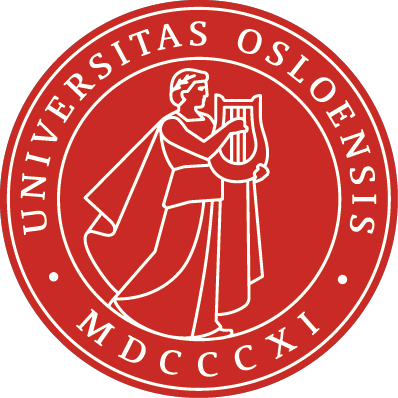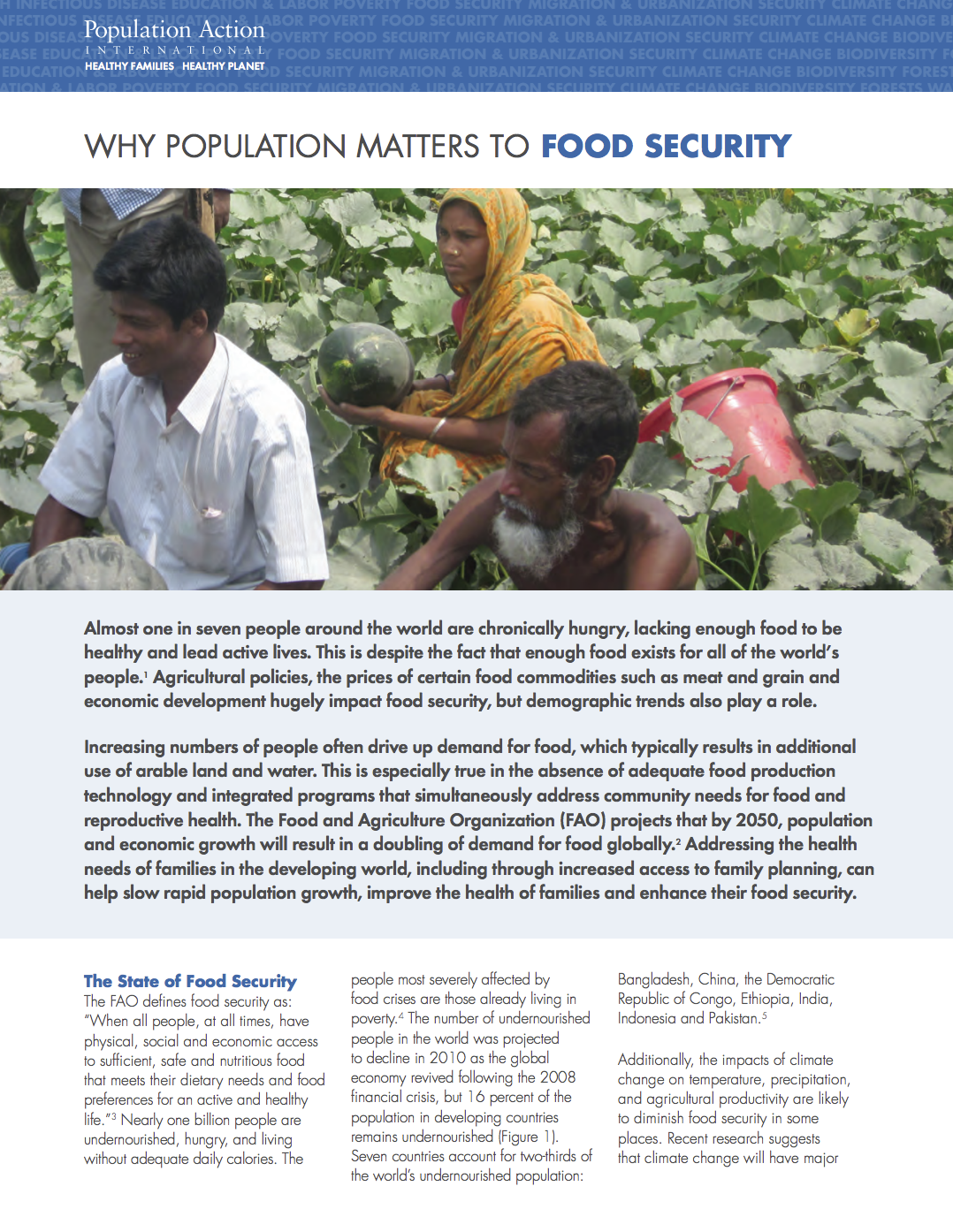Details
Location
Contributions
Displaying 831 - 840 of 2403The Green Negotiated Territorial Development (GreeNTD) in the Democratic Republic of the Congo
Promoting a peaceful and lasting resolution to land conflicts in a protracted crisis context through a fair and environmentally sensitive approach.
How to deal with people in post displacement - reintegration: the welcoming capacity approach
In conflict situations, peace settlements and cease-fire agreements may often, end violent conflicts, but do not prevent renewed violence or guarantee a permanent end to conflicts.5 According to the World Bank, chances that renewed conflicts will erupt are high and even higher when control over natural resources is at stake.6 In the past two decades alone, Africa has experienced violent conflicts with successive cease-fire agreements and peaceful settlements, which have often been followed by outbreaks of new conflicts.
Governance, Corruption, and Conflict
The international system has witnessed dramatic changes in the recent past. Questions relating to how and when ordinary citizens can stand against oppression, injustice, and abuse without resorting to violence challenge all of us to rethink our understanding of international peace and conflict. As academicians, educators, practitioners, private citizens, and students, what is our role in this increasingly complex global picture? What can we do to nurture and preserve international security and world peace?
United States Institute of Peace
The United States Institute of Peace is an independent national institute, founded by Congress and dedicated to the proposition that a world without violent conflict is possible, practical, and essential for U.S. and global security. USIP pursues this vision on the ground in conflict zones, working with local partners to prevent conflicts from turning to bloodshed and to end it when they do. The Institute provides training, analysis, and other resources to people, organizations, and governments working to build peace.
Governance and Conflict Relapse
Many conflict studies link the sources of social conflicts to sentiments of relative deprivation. They typically regard formal democratic institutions as states’ most important vehicle to reduce deprivation-motivated armed conflict against their governments. We argue that the wider concept of good governance is better suited to analyze deprivation-based conflict. The paper shows that the risk of renewed conflict in countries with good governance drops rapidly after the conflict has ended. In countries characterized by poor governance, this process takes much longer.
Peace Research Institute Oslo
The Peace Research Institute Oslo (PRIO) conducts research on the conditions for peaceful relations between states, groups and people.
Researchers at PRIO seek to understand the processes that bring societies together or split them apart. We explore how conflicts erupt and how they can be resolved; we investigate how different kinds of violence affect people; and we examine how societies tackle crises – and the threat of crisis. We document general trends, seek to understand processes, and inform concrete responses.
University of Oslo
The University of Oslo was founded in 1811 as the first in Norway.
Located mainly on Blindern Campus in the northern part of Oslo, UiO has eight faculties:
Why Population Plays a Role in Food Security
Almost one in seven people around the world are chronically hungry, lacking enough food to be healthy and lead active lives. This is despite the fact that enough food exists for all of the world’s people.1 Agricultural policies, the prices of certain food commodities such as meat and grain and economic development hugely impact food security, but demographic trends also play a role.
Population Action International
PAI champions policies that put women in charge of their reproductive health. We work with policymakers in Washington and our network of partners in developing countries to remove roadblocks between women and the services and supplies they need. For over 50 years, we’ve helped women succeed by upholding their basic rights.
The State of the World’s Land and Water Resources for Food and Agriculture
This edition of The State of the World’s Land and Water Resources for Food and Agriculture (SOLAW) presents objective and comprehensive information and analyses on the current state, trends and challenges facing two of the most important agricultural production factors: land and water.

